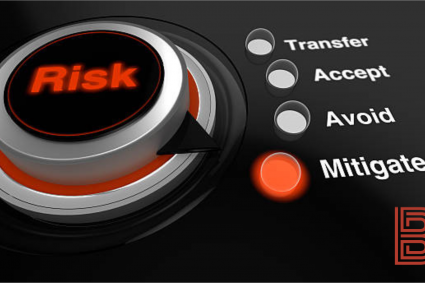
By adhering to established standards, regulations, and best practices, organizations can create a robust defense against fraudulent activities and cyber threats. These measures include implementing comprehensive security policies, regular audits, and continuous monitoring of systems.
Compliance with frameworks such as GDPR, HIPAA, and PCI DSS ensures that sensitive information is protected through rigorous data encryption, access controls, and secure authentication methods. These standards mandate regular assessments and updates to security measures, helping organizations stay ahead of evolving threats. By doing so, they can detect and mitigate vulnerabilities that fraudsters might exploit.
Furthermore, information security compliance fosters a culture of security awareness among employees. Training programs required by compliance standards educate staff on recognizing and responding to potential fraud attempts, such as phishing attacks or social engineering tactics. This heightened awareness is crucial in preventing internal threats and ensuring that security protocols are followed diligently.
Regular audits and assessments required by compliance standards also play a vital role. These evaluations identify weaknesses in security postures and recommend improvements. By addressing these gaps promptly, organizations can significantly reduce the risk of fraudulent activities. Additionally, maintaining detailed logs and records, as mandated by compliance, allows for effective forensic investigations in the event of a breach, helping to trace and address the root cause of fraud.
Information security compliance is integral to reducing fraud in cyber risk. It enforces a proactive approach to security, ensuring that organizations implement robust measures to protect sensitive data. Through adherence to established standards and continuous vigilance, companies can mitigate the risks of fraud, safeguarding their assets and maintaining the trust of their customers and stakeholders.
WWW.BARETZKY.NET




















